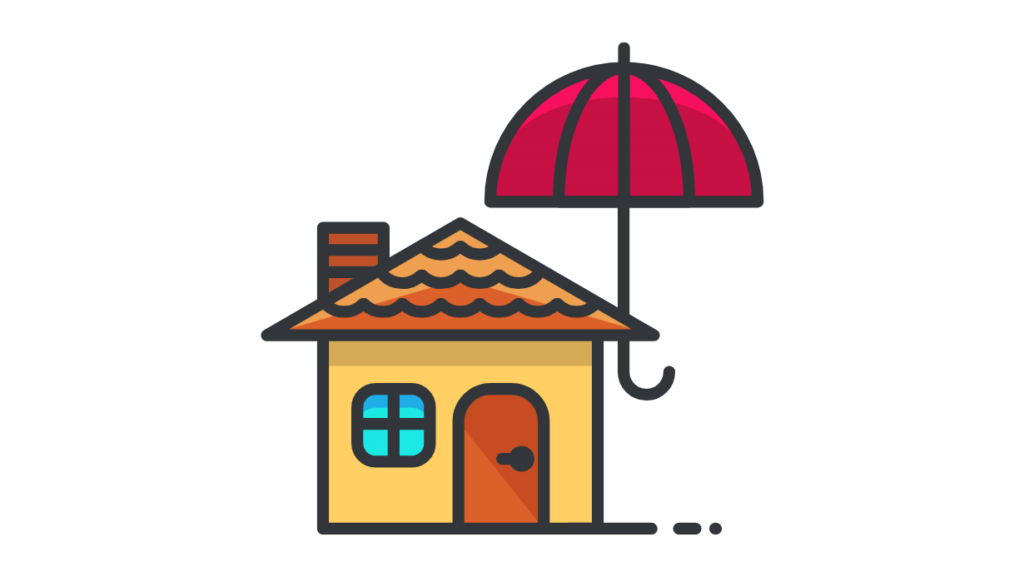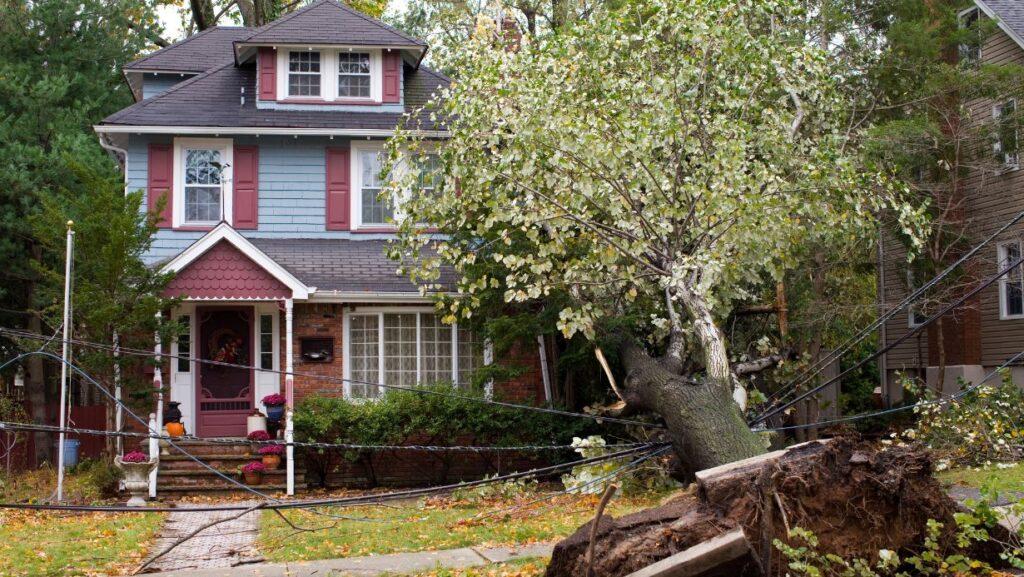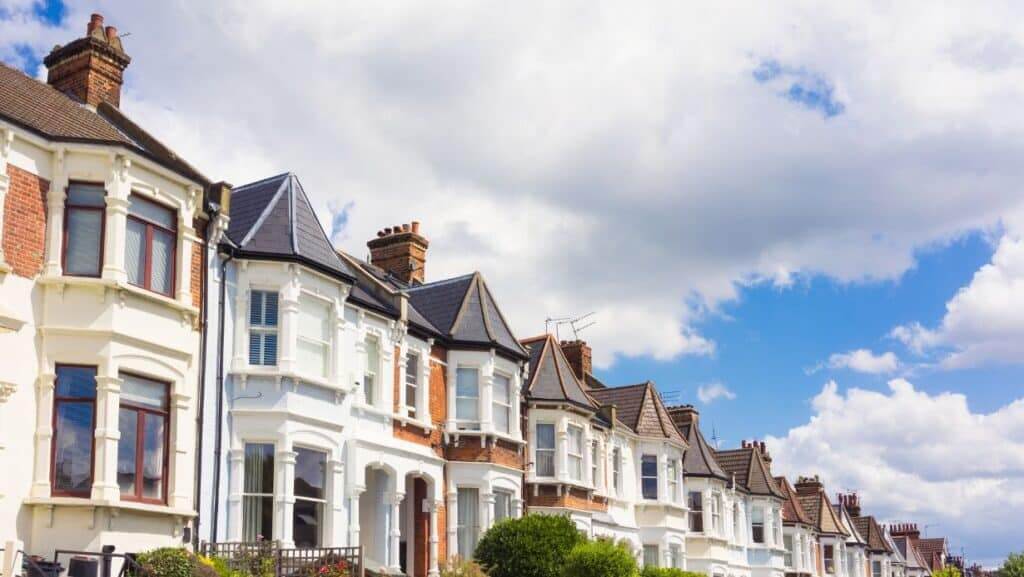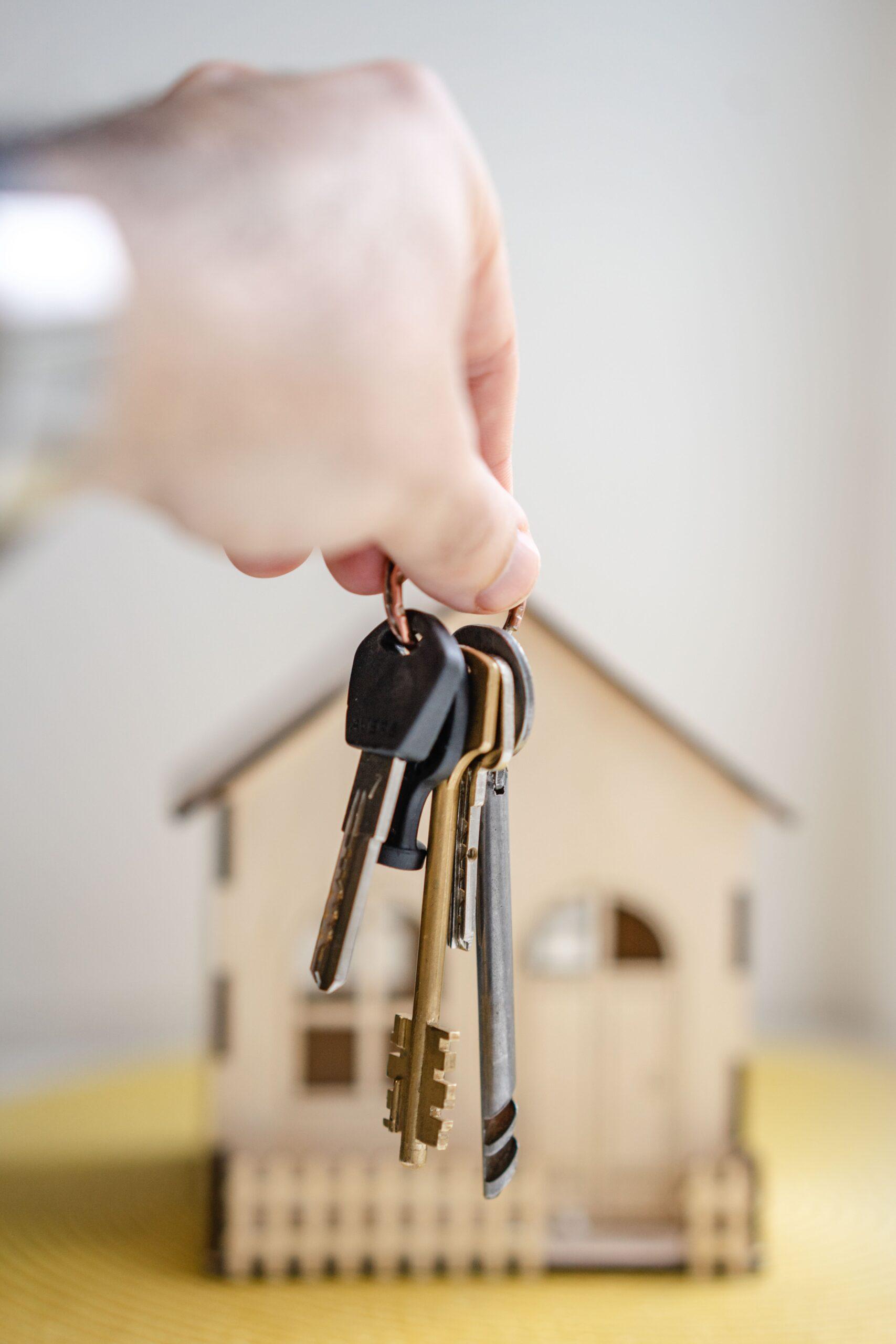











Vacant property insurance offers prolonged coverage, it differs from standard policies that typically exclude properties unoccupied for over 30 days. This specialized policy protects against risks like theft and vandalism that often target empty homes. Comparing quotes gives a diverse array of available policies, it’s a practice to consistently assess and compare rates from the market. This thoughtful approach empowers property owners to make well-informed choices, ensuring that the chosen coverage optimally guards against risks specific to vacant properties.
When you possess an unoccupied property, protecting it against potential harm becomes paramount. An unoccupied house insurance policy extends coverage across an array of risks. However, your foremost task is to determine if the coverage aligned precisely with your needs. Hence, it’s prudent to consistently engage in the practice of contrasting various deals for empty home insurance. This proactive approach ensures that you get the utmost benefits from your protective measures, assuring both the preservation of your property and the optimization of your coverage. By comparing evaluations, you empower yourself to make informed decisions that guarantee the security and resilience of your unoccupied property.
Unoccupied properties can face different types of risks compared to properties that are regularly inhabited. These risks might include vandalism, theft, damage from weather conditions, and other potential hazards that can arise when a property is vacant. The insurance coverage will be customized to provide protection against these specific risks.
This indicates that the insurance policy can be adjusted to suit varying lengths of time that the property might remain unoccupied.This flexibility ensures that property owners are not overpaying for coverage they don't need or underinsured for the actual duration of vacancy.
Apart from insurance coverage, the provider might offer supplementary services that can assist property owners in managing and protecting their unoccupied properties. These services could include property management, where the provider helps oversee maintenance tasks, regular inspections, and other necessary responsibilities.
Prior to choosing insurance for an unoccupied property, it is crucial to meticulously examine the array of benefits it offers. By comparing the coverage options, you can seamlessly navigate the process of selecting the most fitting policy to protect your property.

It's crucial to grasp the concept of deductibles (the amount you must pay before insurance kicks in) and coverage limits (the maximum amount your policy will pay). This understanding helps you gauge potential out-of-pocket costs and ensures your expectations align with the protection your policy provides.
Stay informed about when your policy renews and the conditions for cancellation. Being proactive about renewal ensures continuous coverage, while understanding cancellation terms prevents unintended lapses or penalties if you decide to terminate your policy.
Familiarize yourself with the specific risks and events your insurance policy covers, as well as any exclusions or scenarios not covered. This knowledge prevents surprises when you make a claim and aids in making informed decisions about additional coverage needed for comprehensive protection.
Regularly revisit your policy to reflect changes in your property's status, your circumstances, or legal requirements. By keeping your policy up to date, you guarantee that your coverage remains relevant and effective, providing accurate protection for your property and investment.
A wide array of insurance options are accessible for unoccupied houses, each carrying distinct coverage tiers and associated costs. Certain policies might offer foundational protection against perils like theft and vandalism, while others present a more extensive shield encompassing hazards such as fire and water damage.
Vigilant scrutiny of each policy’s terms and conditions is essential to ascertain its alignment with your individual requisites and financial constraints. Among the prevalent variations in vacant property insurance are short-term policies suited for temporary vacancies, seasonal policies tailored to specific timeframes, and coverage for houses unoccupied beyond a 60-day period. Thoroughly understanding and selecting the apt form of insurance ensures effective safeguarding of your property while adhering to your financial parameters.
Unoccupied building insurance premiums are influenced by these contributing factors.

The duration for which the property remains unoccupied directly affects the insurance premium. Longer vacancies can elevate risks like vandalism or undetected damage, potentially leading to higher premiums due to increased exposure to potential claims.
The geographic area of the property plays a significant role. High-crime areas may result in elevated risks of theft or vandalism, causing insurers to adjust premiums accordingly to account for the heightened likelihood of claims.
The state of the property and its security features are critical factors. Well-maintained properties with robust security measures may attract lower premiums, as they are less susceptible to potential risks.
Each insurance company has its own underwriting guidelines that consider various risk factors. These criteria can vary widely among providers, leading to differences in how they assess and price premiums for unoccupied properties.
The coverage options chosen by the policyholder also impact premiums. More comprehensive coverage against a broader range of risks typically results in higher premiums, while limited coverage might lead to more affordable rates.
When in pursuit of insurance for unoccupied commercial properties, using a comparison service can prove invaluable. This enables the convenient assessment of various quotes, aiding you in pinpointing optimal coverage that aligns with your specific requirements while remaining budget-friendly.
By utilizing this platform, you gain the advantage of evaluating policies provided by multiple insurance companies. This allows you to avoid the hassle of individually approaching each insurer and, instead, efficiently review a range of options in one consolidated place. This streamlined approach not only saves time but also offers a comprehensive view of available coverage and associated costs, enabling you to make an informed decision that strikes the right balance between protection and affordability.

The platform simplifies the process of evaluating policies from different insurance providers, allowing you to swiftly assess a range of options without the need for individual interactions, thus streamlining your decision-making.
Utilizing the platform minimizes the time and effort required to research and gather quotes, enabling you to efficiently identify coverage that aligns with your needs and budget.
MoneyMegaMarket provides access to special offers and deals that are specifically tailored to unoccupied property insurance, potentially yielding cost savings and enhancing the value of your coverage selection.
When you’re picking landlord insurance for an empty property, making sure to avoid these mistakes can guide you toward the right policy.
Failing to inform the insurer about your property’s vacant status or future plans can lead to denied claims. Insurers need accurate information to assess risks properly and provide appropriate coverage.
Inadequate security measures can result in higher premiums or denied claims. Properly securing the property against risks like theft and vandalism is essential to meet insurance requirements.
Incorrectly estimating the property’s value or its replacement cost can result in inadequate coverage or unnecessarily high premiums. Ensure your policy accurately reflects the property’s worth.
Failing to understand what your policy covers and excludes can lead to unpleasant surprises when making a claim. Thoroughly review the terms to align your expectations with the coverage.
Not exploring multiple insurance options can cause you to miss out on better coverage or more favorable rates available from other insurers.
Neglecting to assess supplementary coverage, such as protection against specific natural disasters or liability claims, might leave you exposed to potential risks that could have been mitigated.

Don't settle for the first offer you find. Research and compare insurance policies from different providers to ensure you're getting the most fittest coverage at the most competitive price. This can help you identify potential savings and tailor the policy to your needs.
If you have other insurance needs, like auto or home insurance, consider bundling them with the same insurer. Many providers offer discounts when you bundle multiple policies, which can result in significant cost savings.
When seeking car insurance, maintaining a clean driving history with no accidents or traffic violations can lead to lower premiums. Insurance companies often reward safe drivers with reduced rates, so driving responsibly can contribute to saving money.
Assess your risk tolerance and financial situation to determine if you can afford higher deductibles (the amount you pay before insurance kicks in) and slightly lower coverage limits. This approach can lead to lower premiums, but be sure you're comfortable with the potential out-of-pocket expenses in case of a claim.
Explore potential discounts tied to factors like your age, profession, or memberships in specific organizations. Certain occupations or age groups may be eligible for reduced rates, so be sure to inquire about any available discounts that could apply to you. .

This kind of policy offers coverage for a property that the owner or tenant does not currently occupy.
Homeowners, landlords, and property owners who have a property that is not currently occupied are eligible to buy this policy.
Security against theft, fire, and other potential losses that can occur when a property is unoccupied.
Normal home insurance gives coverage for properties occupied by the owner or tenant, while unoccupied property insurance provides coverage for those not occupied.
Yes, it can be purchased for commercial properties, such as office buildings, retail spaces, or warehouses, that tenants do not currently occupy.
